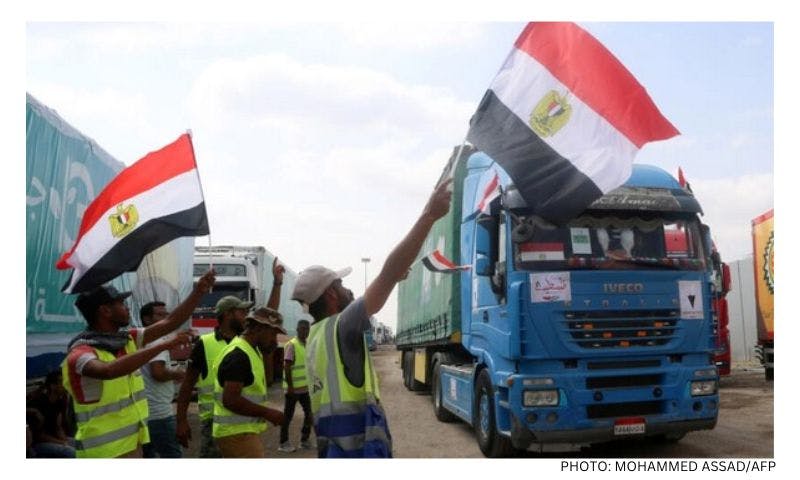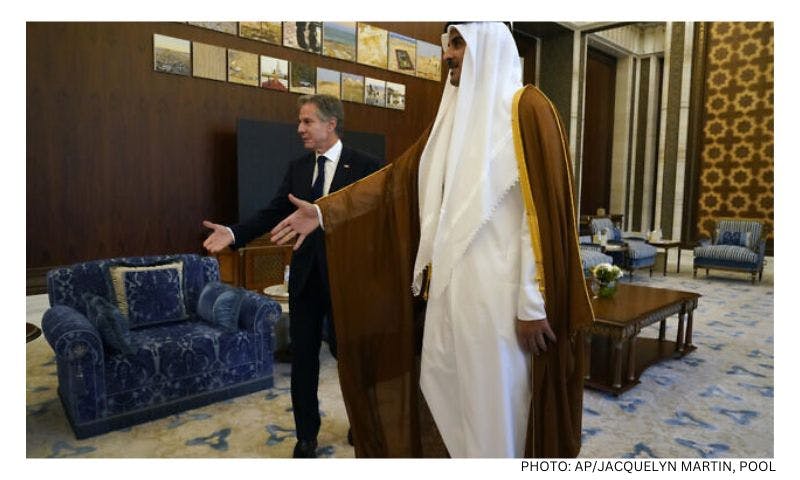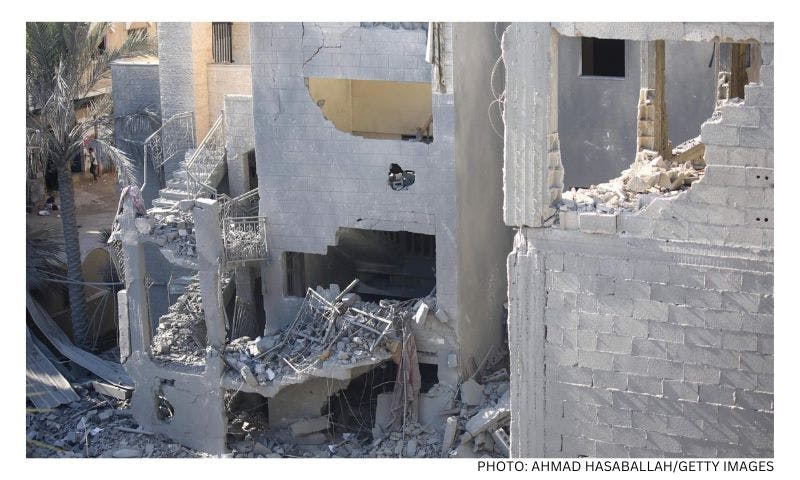Published: 22 October 2019
Last updated: 4 March 2024
A big part of Loewensohn’s change came about through her participation in Yahel Israel’s flagship program, the Social Change Fellowship. Beginning in September 2017, she spent nine months volunteering, learning and engaging with the community in the city of Lod.
“My family is unaffiliated with Judaism and Israel. So, I didn’t know much but I was really interested. I’d been on Birthright but it only scratched the surface.
“MASA (an organisation that provides scholarships for Jewish young adults to take part in Israel programs) sent out information after Birthright, and Yahel was on one of the pamphlets. My Jewish grandad is super anti-Israel, pro-Palestine, and I knew all the taglines of the cause but didn’t have any opinions of my own.
“I wanted to go and see what was happening and be a part of it. Yahel offered that in a way that not many other programs did.”
The Yahel Social Change Fellowship brings together people of all religions, political leanings and nationalities (this year they came from the Czech Republic, Denmark, Argentina, and the US), between the ages of 22-28 to live in groups of ten in either Lod or the Ramat Eliyahu neighbourhood of Rishon Letzion for nine months.
The program, which has been running since2009, encourages participants to develop an in-depth and nuanced understanding of the social tensions that exist in Israel, with an emphasis on the Arab-Israeli conflict.
The Lod Community Centre told us they used to have separate doors for the Arab and Jewish communities. We were all initially appalled,.But it’s what both communities want; they have to get there in their own time.
“No matter what side of the political spectrum you come from, everyone brings something to the table. To some people on the program, Zionist was a dirty word, and others were proud to identify as a Zionist, and they had to be in conversation for nine months.
“Oftentimes people from opposite sides just can’t talk to each other. Yahel enables you to speak the same language and actually be in dialogue, rather than cross-talking.
“Back in Australia, I thought things were completely black and white. It’s not until you come here that you understand everything is one hundred times more complicated than you imagined.
“For example, the Lod Community Centre told us that they used to have separate doors for the Arab and Jewish communities, and they still have separate programming. We were all initially appalled, saying, ‘that’s apartheid’, and stuff like that.
“But it’s what both communities want — it’s not one community saying they want to be together, and the other not. Neither are ready. They have to get there in their own time.”
[gallery columns="1" size="large" ids="31613"]
Yahel Fellowship participants volunteer every morning in an Arab school teaching English, and then spend the afternoons on placement, taking part in or creating their own social change across different community initiatives.
They also spend time each week learning about their city of residence and travelling to meet social change activists from across Israel and the political spectrum, bringing in speakers when they cannot be visited (MASA-funded programs are not allowed to enter the West Bank).
“I really liked working at the Arab school. It was super-challenging, and really kept me on my toes. We also made our own placement. Someone in the community said to us, ‘Hey, there’s a small Eritrean refugee population here, and they have no support. They’re doing everything on their own’.
“They are super-marginalised. So, we went in and made a sustainable program teaching English to the kids. They continued it this year, but some of the things we put in place weren’t maintained. That was really frustrating.”
However, Loewensohn recognises this as a reflection of one of the fellowship’s key learning points. “We all went in thinking we’re going to make this huge social change, we’re going to be heroes, but a lot of the time it’s just about planting seeds.”
Volunteering in Lod - a city of high socio-economic struggle and crime rates - came with its own set of challenges. “In the school I worked in, corporal punishment isn’t out of fashion. If there is fighting, teachers would get involved in a way that wouldn’t happen in Australia. Once a gym teacher slammed a kid’s head onto a desk, and that was really heavy to see.
We all went in thinking we’re going to make this huge social change, we’re going to be heroes, but a lot of the time it’s just about planting seeds.
“A lot of the teachers have lost hope. I was really invested in a couple of the quite problematic children, but the coordinator said, “don’t waste your time, they’re just bad kids”. That was hard because it’s a very different mindset. If you give up on a child, they give up on themselves.”.
During the fellowship, Loewsohnen also went on a spiritual journey. “Before I arrived, I decided I wanted to do my conversion here. I’m still figuring out where I fit on the Jewish spectrum of observance, and which Jewish movement I want to convert through, and the Yahel community allowed me to explore that.
“It was the first time I had been a part of a warm, loving, Jewish community - in Lod, but especially the little community we made for ourselves on Yahel. It redefined how I see Jewish community; what it means to be a young Jewish person, and the Jewish values I want to hold onto.”
Now practicing social work, and living in Jerusalem with two other girls from her Lod cohort, Loewensohn reflects, “I don’t think I would have made Aliya if I hadn’t done Yahel, though that’s not their agenda. They gave me an incredible experience of what it meant to be in Israel, and it’s something I didn’t want to miss out on ever again.”
Applications for the 2020 Yahel Social Change Fellowship open on November 1; participants may be eligible for a MASA Israel scholarship.
Main photo: Amelia (left) with two other Yahel fellows, their city coordinator and one of the fathers of the Eritrean children they taught



